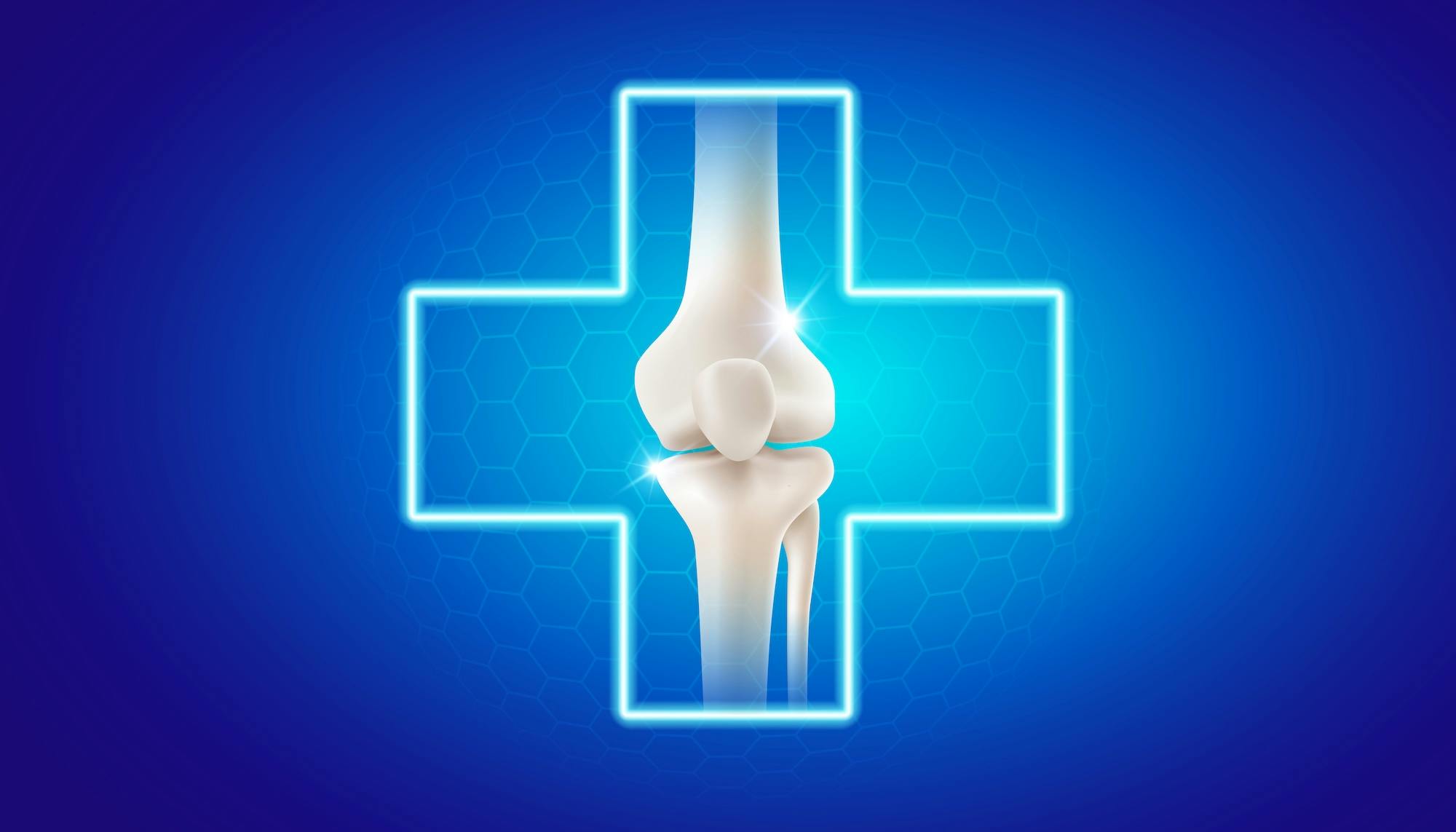- Blog
Diagnosing & Managing Arthritis
Posted on 04-16-2025 in Hand, Elbow & Wrist by Dr. Steven Kronlage

Posted on 04-16-2025 in Hand, Elbow & Wrist by Dr. Steven Kronlage
Arthritis represents a wide variety of joint inflammation diseases. Patients most often have chronic Arthritis in their wrists, hands, and fingers, experiencing flares of inflammation, soreness or stiffness affecting the joints. As we recently wrapped up Bone & Joint Action Week, this is an excellent opportunity to bring awareness to the most common categories of Arthritis, proactive methods for pain prevention and available treatment solutions.
There are three major categories of Arthritis:
While there is no cure for Arthritis, current treatments and increased understanding of managing the disease can significantly improve a patient’s quality of life. Treatment depends on the type of Arthritis and falls into two primary categories: non-surgical and surgical options.
Non-Surgical options for the treatment of Arthritis include:
Surgical treatment options could be recommended for long-term relief depending on the type and severity of the Arthritis and the patient’s physical condition. These include:
At North Florida Bone & Joint Specialists, our focus is to properly diagnose and provide symptomatic care to manage chronic pain and help improve your quality of life. If you currently suffer from a chronic arthritis condition or have experienced the types of pain outlined above, you may benefit from a consult with one of our fellowship-trained physicians at North Florida Bone & Joint Specialists. Dr. Steven Kronlage, Dr. Alex Coleman and Dr. James Piorkowski provide non-surgical treatment options and surgical intervention. Schedule same-day and next-day appointments in our Gulf Breeze and Pensacola locations by calling our office at 850-807-4200 or completing our online Appointment Request form.

March is National Nutrition Month®, and as part of the conversation, the North Florida Bone & Joint team wants to emphasize the impact diet can have on your bone health. Before diving in, it's essential to understand the role the skeleton plays in your body. Specifically, the skeleton—and the bones its comprised of—serve the following functions:

At North Florida Bone & Joint Specialists, we’re committed to delivering convenient, expert care throughout the Gulf Coast. As part of that commitment, we’re excited to announce the expansion of our clinical office footprint. In March, we opened two new locations in Milton and Navarre, FL, further enhancing our ability to serve patients across Northwest Florida.

Valentine’s Day is all about love—so why not show your joints some love, too? Whether you’re an athlete, an active adult, or simply looking to maintain mobility as you age, taking care of your joints is essential for long-term health and well-being. At North Florida Bone & Joint Specialists, we believe that self-care isn’t just about relaxation—it’s about making intentional choices to keep your body strong, pain-free, and resilient. Here are four self-care tips to keep your joints healthy and moving with ease: